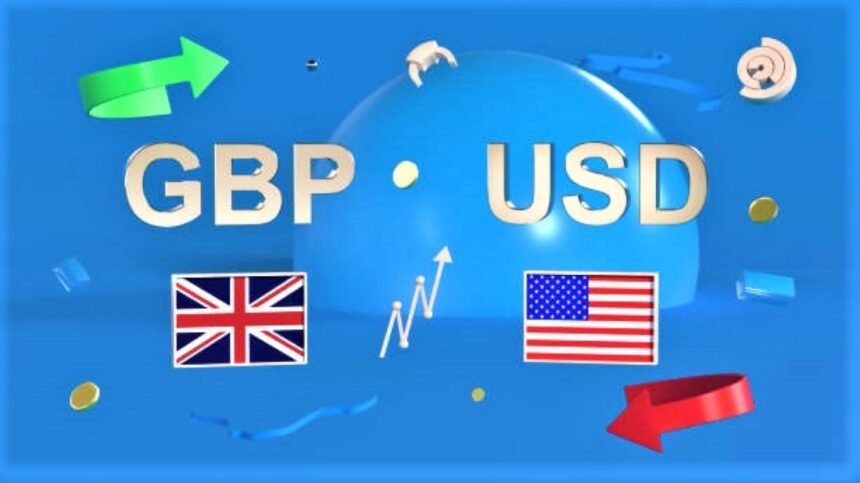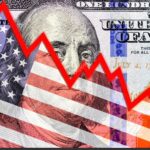Pound falls Substantially as UK retail sales dropped significantly in December.
The pound Sterling (GBP) falls Substantially after the UK Office of National Statistics (ONS) announces Disappointing Retail Sales Statistics for December. UK Household Expenditure fell dramatically as people faced the heavy weight of increased interest rates. And consumer price inflation, exacerbating the cost of bliving issue. A steep decrease in high street sales would have been expected to reduce pressure. On the Stubbornly high Inflation outlook, but it was ultimately inadequate to move. The needle.
The Bank of England may continue to emphasize the necessity for higher interest rates for an extended period.
A big drop in retail sales could have boosted the likelihood of an early rate decrease by the Bank of England (BoE). Despite a large decline in UK consumer expenditure. BoE policymakers are expected to maintain a tight monetary policy stance. Until they are certain that underlying inflation will return to the 2% objective in a timely and sustainable way.
Moving forward, Pound market players will focus on preliminary S&P Global PMI data for January, which will be announced next week. The UK Manufacturing PMI has been declining for over a year and is projected to remain on the back foot.
Daily Market Movers: Pound faces a sell-off due to dismal UK consumer spending data.
Pound is under heavy selling pressure. As the ONS reveals a significant drop in Retail Sales figures for December.
Retail Sales excluding gasoline prices fell unexpectedly by 3.3%. Compared to projections of a 0.6% decline. The economic data increased by 1.5% in November. On an annual basis, consumer spending (excluding gasoline) fell 2.1%, despite expectations of a 1.3% increase.
The disappointing Retail Sales data is expected to soften the sticky inflation outlook.
This is supposed to provide a temporary Policymakers at the Bank of England (BoE) were relieved after the revelation of stubbornly higher inflation figures for December. Which had raised concerns about potential increases in price pressures.
However, the stress of rising recession fears due to a bleak economic outlook will keep BoE policymakers on edge.
BoE officials would have to strike a balance between turning dovish to protect the economy. From a recession and maintaining a restrictive monetary policy to drive inflation down to 2%.
Meanwhile, investment banking company Goldman Sachs predicts. That the BoE will begin lowering interest rates in August this year. The brokerage firm now anticipates that interest rates will be decreased by 75 basis points (bps) by the end of 2024.
The market mood is: There are no front-line economic indicators in the United States. Thus things are calm. Meanwhile, market players will focus on Mary Daly’s speech in San Francisco.
Fed Daly is expected to provide hawkish Guidance on interest rates.
Fed Daly is expected to provide hawkish Guidance on interest rates until Policymakers are Persuaded. That Inflation will return to 2% in a timely manner.
On Thursday, Federal Reserve Bank of Atlanta President Raphael Bostic stated. That rate Decreases should only be Implemented if the central bank receives evidence that Inflation would return to the 2% target on a Sustained basis.
Bostic warned that hasty rate Reduction could Exacerbate pricing pressures. And Undermine previous attempts to curb rising Inflation.









